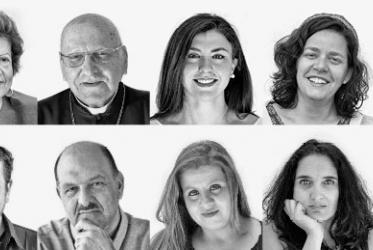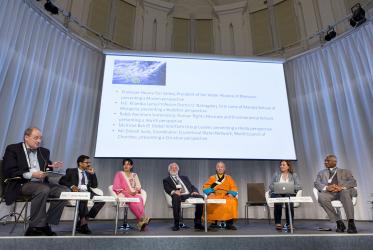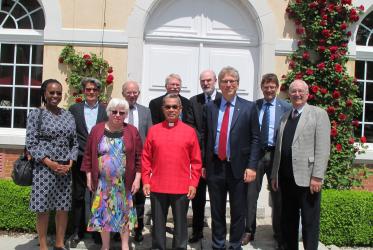Displaying 121 - 140 of 194
20 June 2017
WCC gravely concerned over Israel’s travel ban
09 March 2017
Praying for one another, even when we disagree
02 March 2017
WCC general secretary speaks on religion and discrimination
14 February 2017
Churches in Norway and Pakistan break new ecumenical ground
26 January 2017
Tveit offers input at religion and development meeting
03 October 2016
WCC holds discussion on religious freedom literacy and diplomacy
23 September 2016
Panel discussion fields ideas on European identity
26 April 2016
Symposium focuses on religion, violence, extremism
04 February 2016













